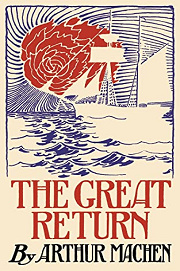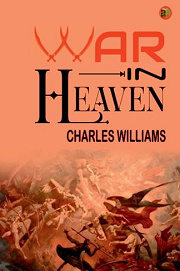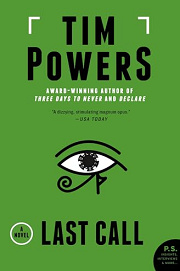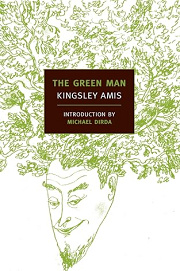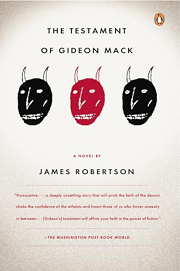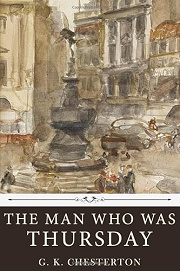Share your thoughts in a quick Shelf Talk!
The Great Return by Arthur Machen
Whispers of an ancient marvel draw seekers to a remote corner of Wales, where faith and folklore entwine. In quiet lanes and moonlit hills, the ordinary world thins until something uncanny presses close. The Great Return is a haunting, lyrical tale that hints at the sublime—and the terror—behind the everyday.
Have you read this book? Share what you liked (or didn’t), and we’ll use your answers to recommend your next favorite read!
Love The Great Return but not sure what to read next?
These picks are popular with readers who enjoyed this book. Complete a quick Shelf Talk to get recommendations made just for you! Warning: possible spoilers for The Great Return below.
In The Great Return, did you enjoy ...
... the Holy Grail’s numinous irruption into modern life and the hush of the sacred within the ordinary?
War In Heaven by Charles Williams
If what gripped you was how a journalist quietly pieces together miracles in a remote Welsh parish until the returning Cup is unmistakable, you’ll love how War in Heaven treats the Grail as a living, perilous presence. Williams sets the chalice in a sleepy English parish where the archdeacon and a few ordinary souls must guard it from profane hands. The same reverent awe—visions, healings, and whispered processions in Machen—here becomes a tense, holy cat‑and‑mouse over a relic that changes the air of every room it enters.
... a modern reworking of the Fisher King/Grail myth threaded through contemporary lives?
Last Call by Tim Powers
In The Great Return, the signs pointing to the Grail surface in everyday places—coastlines, chapels, and village lanes—until myth feels present-tense. Last Call does that with the Fisher King: Scott Crane discovers that chance, fate, and identity are bound to an ancient kingship ritual playing out in Las Vegas. As your Welsh villagers whispered about a holy procession and sudden cures, Powers turns card tables and desert nights into altars, where the old rite still chooses its wounded king.
... subtle supernatural incursions into everyday English life without an explicit rulebook?
The Green Man by Kingsley Amis
If you liked how the miraculous in The Great Return remains half-glimpsed—rumors, restored health, a presence that won’t name itself—you’ll appreciate the way The Green Man lets the uncanny seep into a country inn. Maurice Allington, skeptical and flawed, faces an apparition and an ancient, pagan force that intrudes at the edges of dinner service and village routine. Like Machen’s holy visitations, the power here is felt more than explained, unsettling precisely because it inhabits the ordinary.
... a confined, personal account of the numinous centered on one town, one life?
The Testament of Gideon Mack by James Robertson
Machen keeps the canvas small—a few villagers, a reporter, and the quiet transformation of a place. The Testament of Gideon Mack offers that same intimate scale: a Scottish minister claims he met the Devil after a fall into a gorge, and his memoir ripples through one parish’s gossip and grief. As in The Great Return, where hushed testimonies accumulate into revelation, Gideon’s confession—his missing days, the footprints by the river, the parishioners’ divided reactions—turns a small community into the stage for the uncanny.
... an investigator’s step-by-step pursuit that becomes a metaphysical mystery?
The Man Who Was Thursday by G. K. Chesterton
If you enjoyed following a reporter sifting reports of miracles in The Great Return—interviews, clues, and the dawning sense that something vast hides behind the facts—Chesterton’s tale of Gabriel Syme infiltrating an anarchist council will resonate. The investigation keeps widening: codenames, absurd chases through London, and revelations that turn evidence into symbol. Like Machen’s journalist realizing the “Cup” has come back, Syme’s hunt becomes a spiritual pursuit where the truth is larger—and stranger—than the case he thought he was solving.
Unlock your personalized book recommendations! Just take a quick Shelf Talk for The Great Return by Arthur Machen. It’s only a few questions and takes less than a minute.
